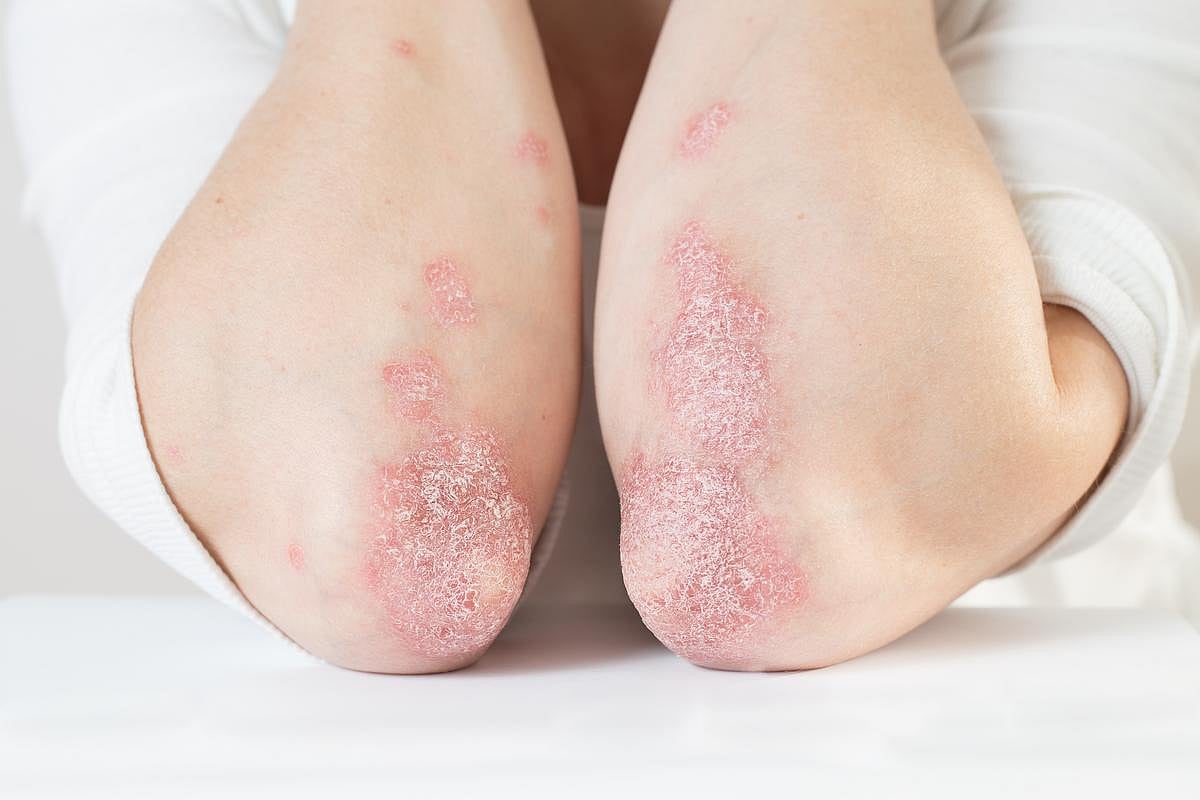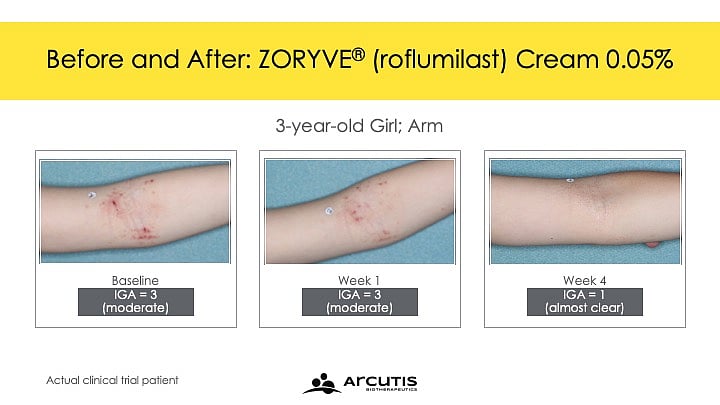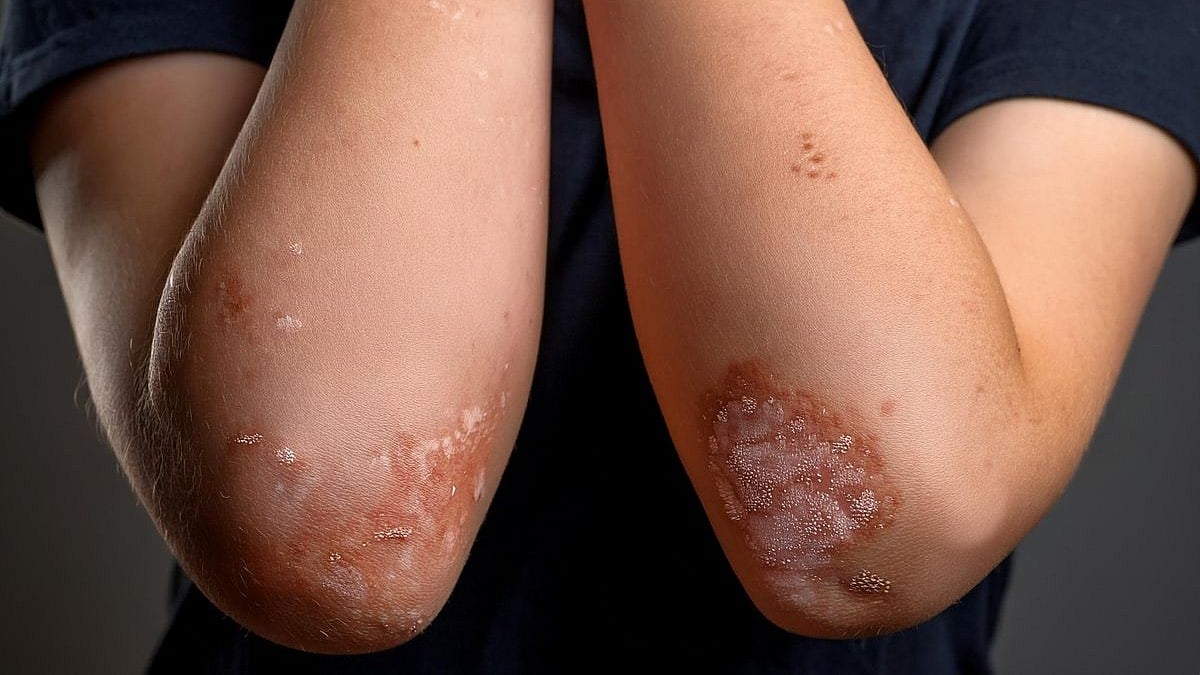Hidradenitis suppurativa (HS) is a chronic inflammatory disorder. Patients develop inflamed nodules and abscesses and, at later stages of disease, epithelialized tunnels and scars in skinfolds of axillary, inguinal, gluteal and perianal areas. Quality of life is affected due to severe pain, purulent secretion, restricted mobility and systemic involvement. Genetics and lifestyle factors including smoking and obesity contribute to the development of HS. These factors lead to microbiome alteration, subclinical inflammation around the terminal hair follicles, and infundibular hyperkeratosis, resulting in plugging and rupture of the follicles. Cell-damage-associated molecules and propagating bacteria trigger inflammation and lead to massive immune cell infiltration that clinically manifests as inflamed nodules and abscesses.
Aetiology and pathogenesis of hidradenitis suppurativa







Leave a Reply